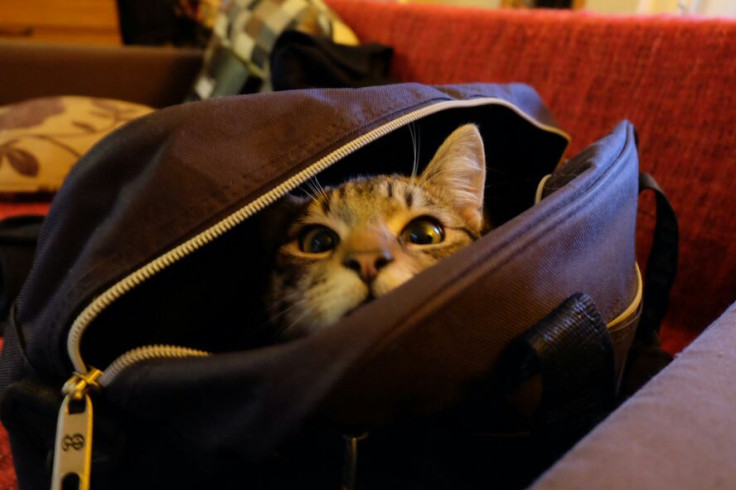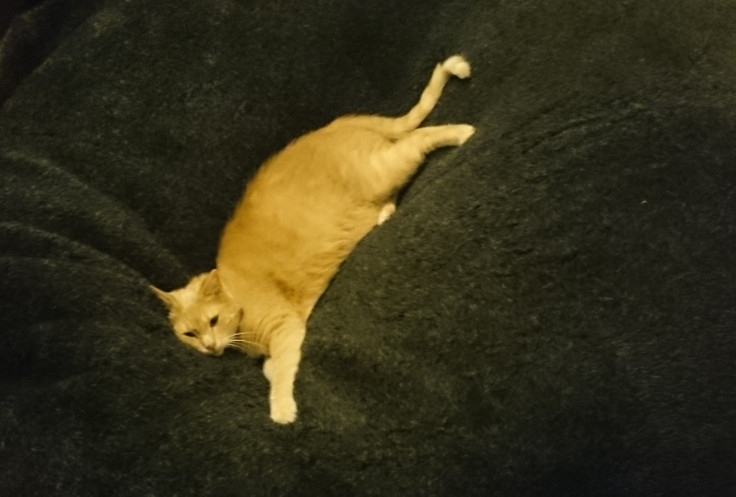Cat DNA Shows Domestication Arose from Reward-Seeking Genes

Cats became domestic pets about 9,000 years ago because they liked getting rewards from humans, scientists have discovered.
In comparison to dogs, who have been man's best friend for over 30,000 years, little is known about how cats became the family pets they are today.
Researchers from Washington University School of Medicine in St. Louis have now looked at cat DNA to try to work out how and why they came to live with us.
Senior author Wes Warren said: "Cats, unlike dogs, are really only semi-domesticated. They only recently split off from wild cats, and some even still breed with their wild relatives. So we were surprised to find DNA evidence of their domestication."
Published in the Proceedings of the National Academy of Sciences Early Edition, researchers looked at what parts of the cats' genome changed as a result of living with humans by comparing them with wild cats and looking at the specific regions that differ.

Findings showed significant changes in behaviours to do with memory, fear and reward-seeking – the latter of which was of greatest importance to the domestication process.
Warren said: "Humans most likely welcomed cats because they controlled rodents that consumed their grain harvests. We hypothesised that humans would offer cats food as a reward to stick around." The researchers believed our modern-day pets evolved because humans preferred to keep cats that were more docile around.
Previously, researchers have found that cats are able to recognise their owners' voice, but chose to ignore them because they never evolved to care.
Researchers from the University of Tokyo said their lack of response to being called is the result of domesticating themselves because they preyed on rodents that were attracted to grain produced by humans.
"Historically speaking, cats, unlike dogs, have not been domesticated to obey humans' orders. Rather, they seem to take the initiative in human-cat interaction," the authors said.
"The behavioural aspect of cats that cause their owners to become attached to them are still undetermined."
© Copyright IBTimes 2025. All rights reserved.






















